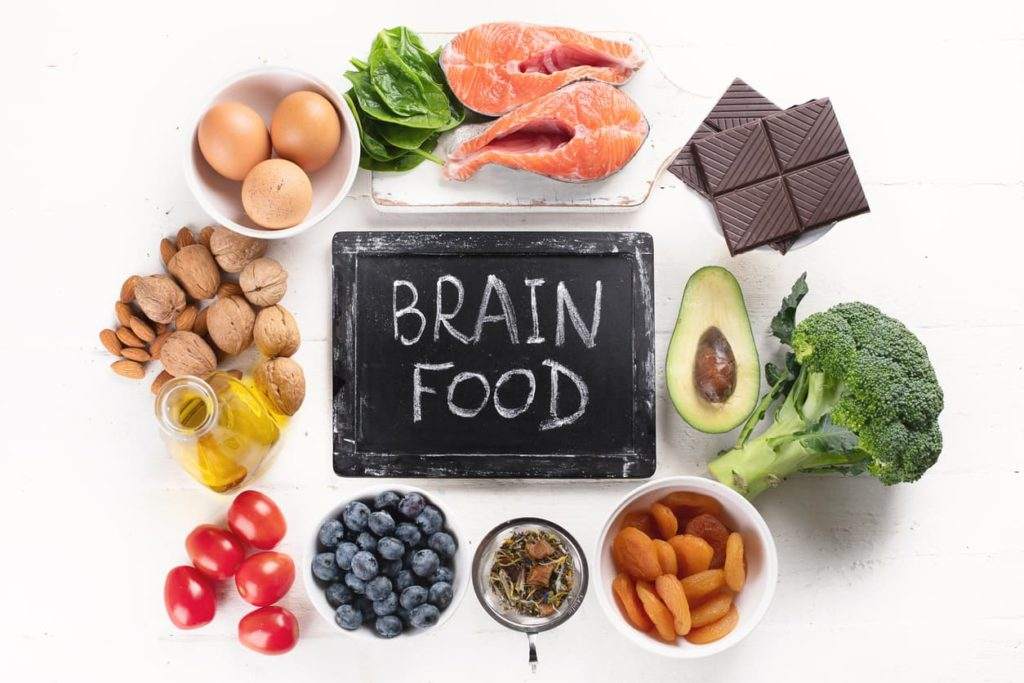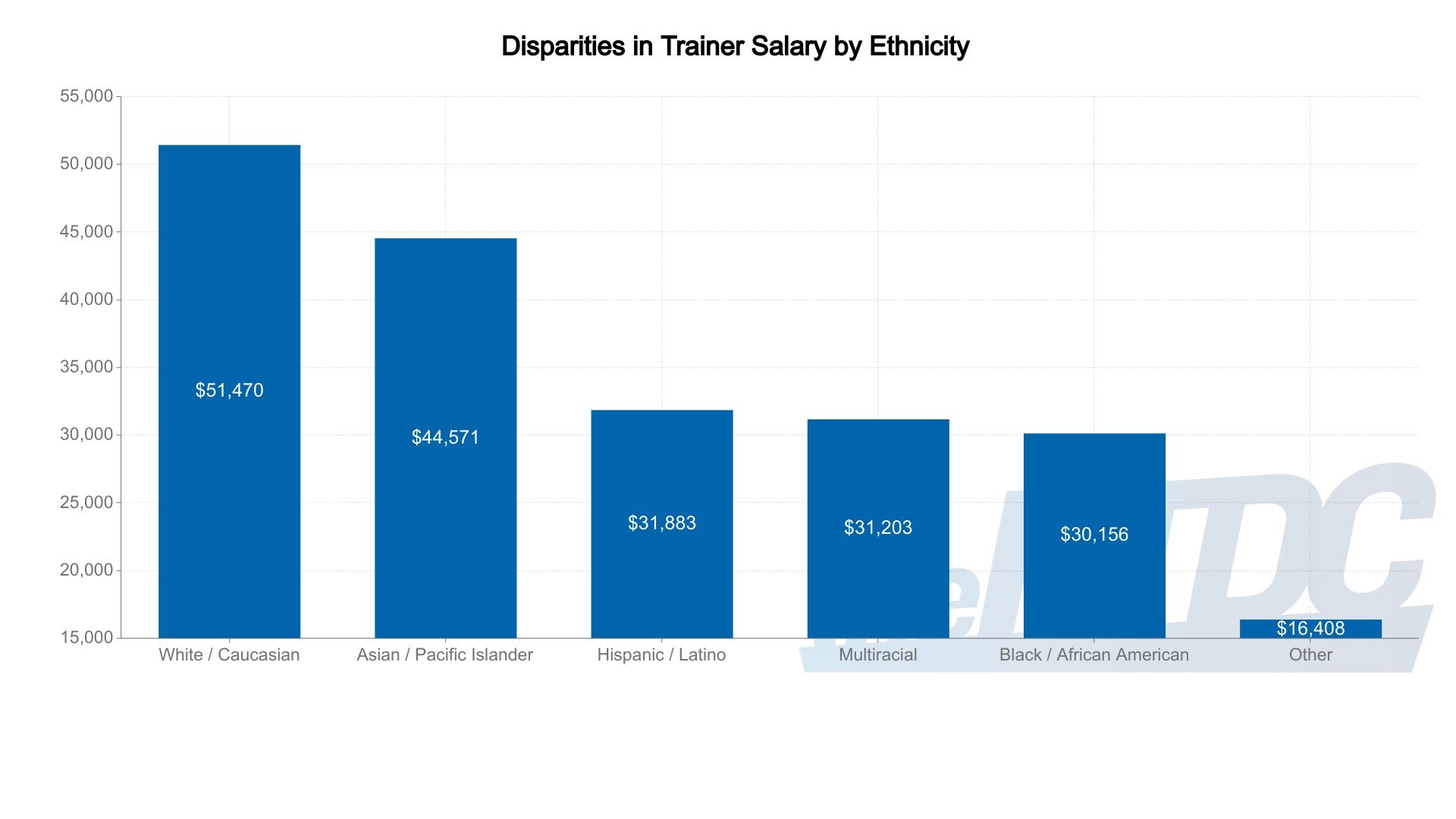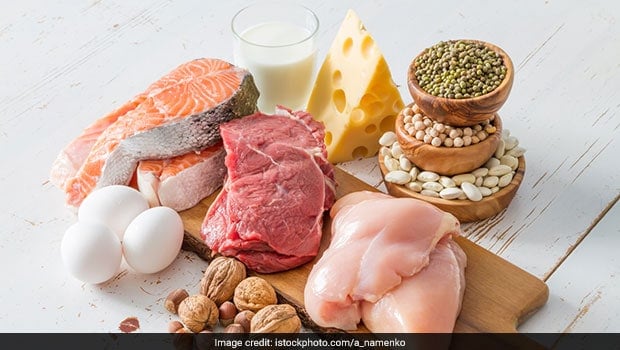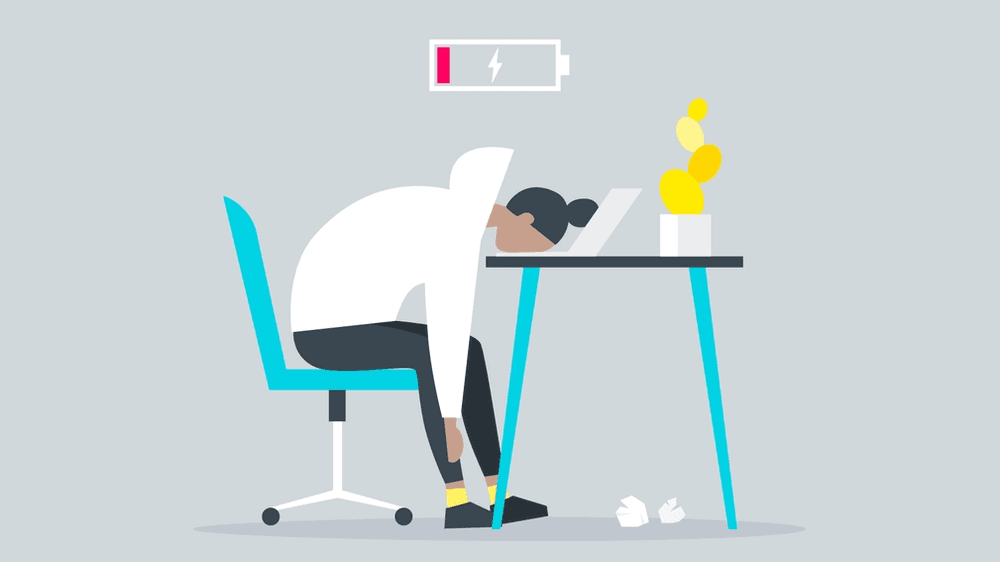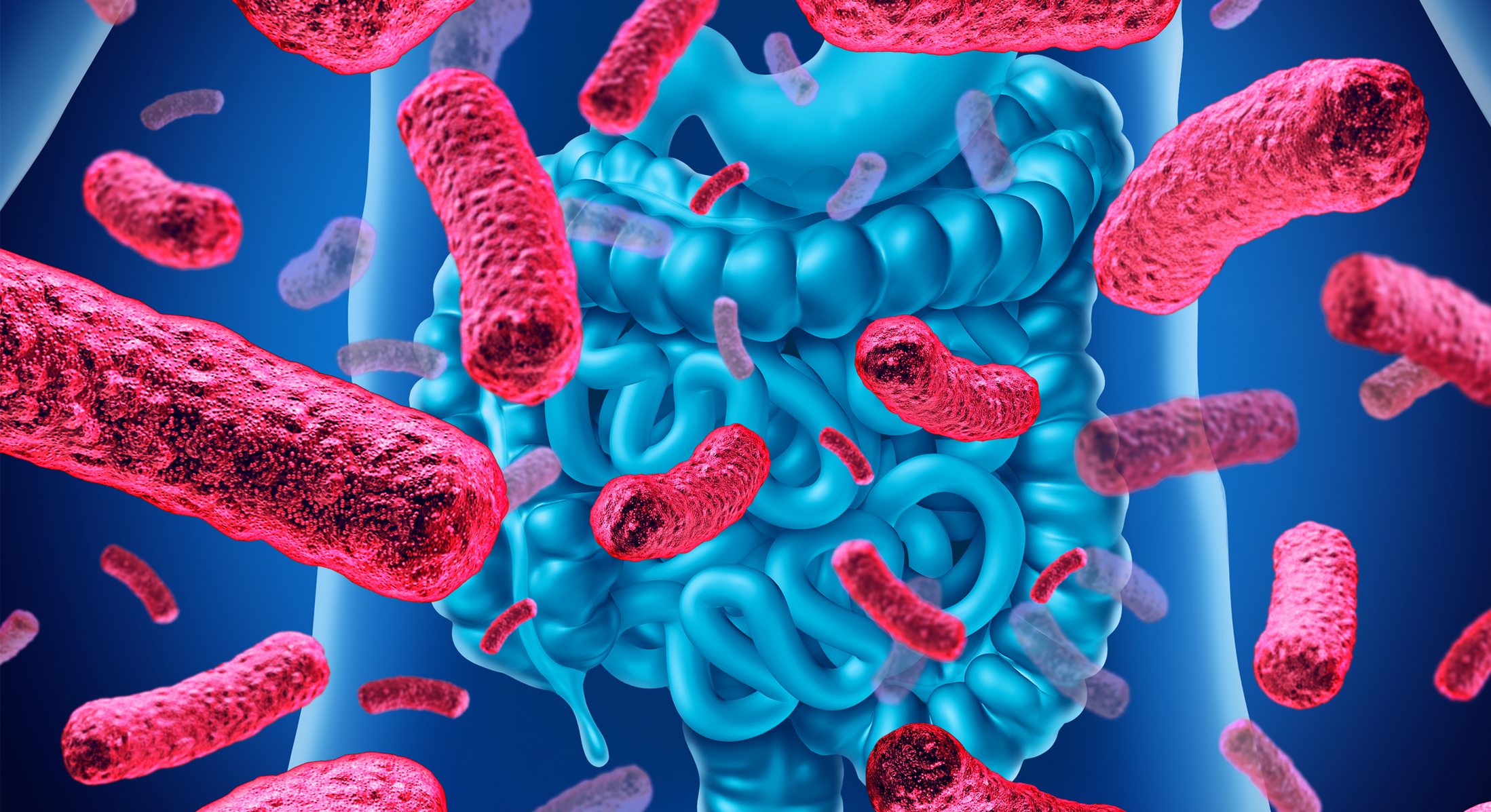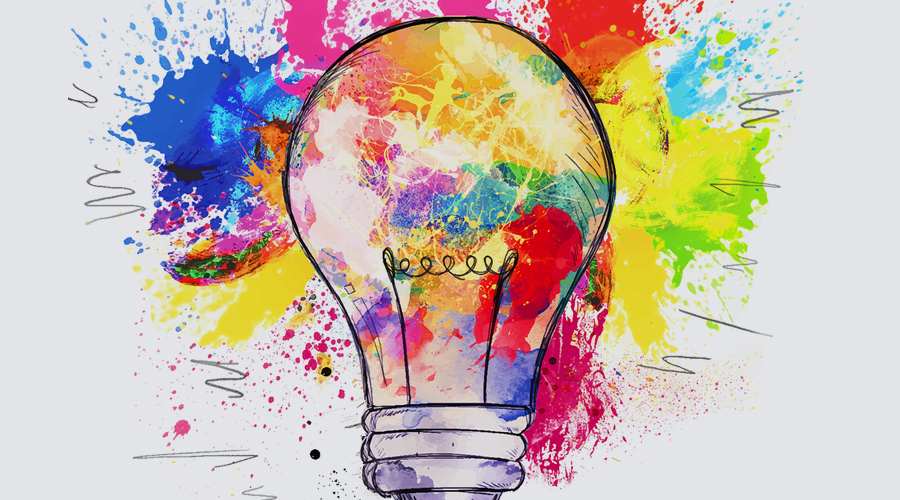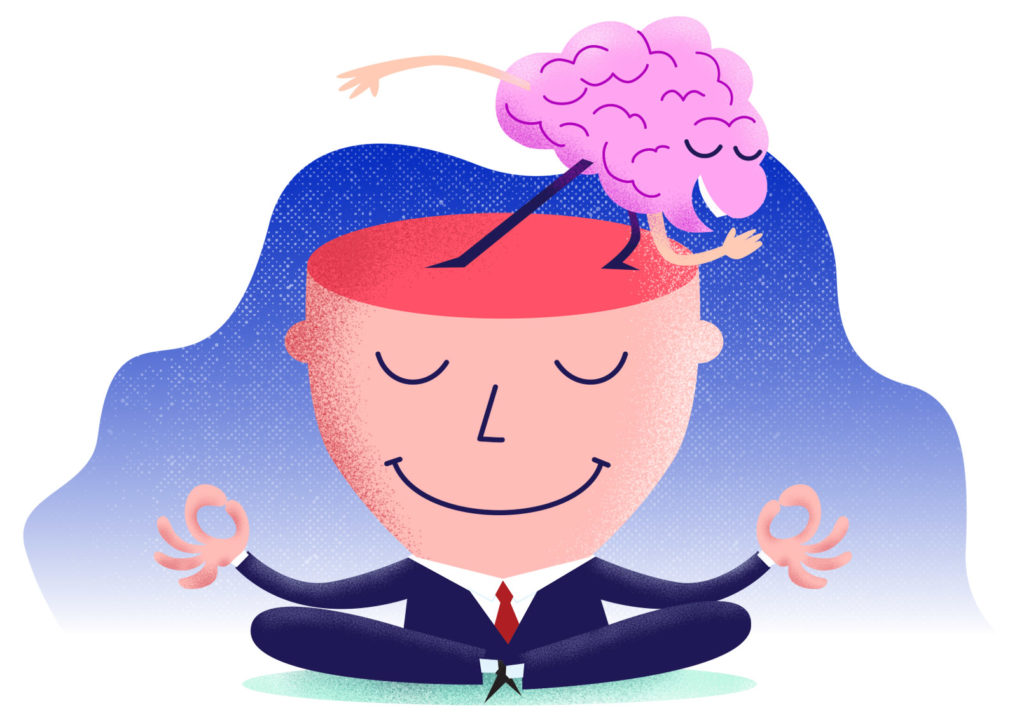Do you ever feel like your brain can function better than it is currently? Have you ever had moments of laser sharp focus and wished they stayed with you forever?
We have all had those moments where we found ourselves being super productive and having lengthened periods of concentration and focused attention, and if there was a way we could make such kind of mental state a permanent state for us, we would definitely go for it.
And while we cannot make the state come back and stick with us forever in just an instant, there is a way we can slowly cultivate it in our lives in the long term.
One of these ways is by being keen on eating brain boosting foods. Some foods enhance the regions of the brain that are linked to concentration, focus, reasoning, thinking abilities, and overall brain health. By eating these foods regularly, you can also improve your brain function and slowly work to a healthy and well performing brain.
Let’s take a closer look at the 12 best brain foods to take to boost your focus and overall mental health.
1. Coffee
Coffee is among the most popular beverages that sharpen your focus and increase productivity. Millions of people across the world rely on it to help them through demanding tasks at work and assignments at school.
The reason why coffee has proven to be effective over the years is due to the two components in it that largely enhance the brain.
These components are antioxidants and caffeine.
Antioxidants help with protecting the brain from common mental health conditions such as stroke, Parkinson’s disease, cognitive decline and Alzheimer’s disease.[1][2]
Caffeine, on the other hand, is responsible for influencing the brain in various positive ways including blocking out a brain chemical called Adenosine that makes you want to sleep and increasing the levels of serotonin neurotransmitters which in turn boosts your mood, increase your level of alertness and concentration.[3][4][5][6]
However, it is important to note that taking coffee with moderation is the way to make the most of it. If you take more than 4 cups a day, you might be setting yourself up for the nasty side effects that come with it which are restlessness and inability to sleep.[7]
Striking a good balance between coffee and other beverages will help you avoid the chances of experiencing the side effects. You can try drinking coffee only on those days you want to tackle tedious tasks, and only when you are working on them to maximize its effects in your life.
2. Fatty Fish
When the words fatty fish are mentioned, you naturally direct your attention to salmon, pollack, cod, sardines, mackerel and tuna.
These contain omega 3 fatty acids, which are known to help with improving learning abilities and memory, not to mention helping with building nerve and brain cells.[8][9][10][11]
Improved cognitive performance brought about by omega 3 fatty acids can be attributed to the fact that they help increase flow of blood in the brain. [12]
Also, when it comes to general mental health, eating oily or fatty fish helps to delay the mental decline that comes with age, as well as depression and reduce learning problems. [13] [14]
Omega 3 has also been associated with the lowering of the protein called Beta-amyloid in the brain that is responsible for forming destructive clamps in people who struggle with Alzheimer’s.[15]
You are encouraged to add fatty fish to your eating plan and consider having it often.
Also, if you would like to obtain omega 3 fatty acids without having to feel like you have to eat fish every time, you can use other alternatives such as walnuts, flaxseeds and avocados. They are also good sources of omega 3.
3. Maca
Maca is a plant from Peru that is grown in Central Andes and has been cultivated a little over 2000 years now. Its scientific name is Lepidium meyenii and is used as a foodstuff as well as a medicinal plant.
It is said to bring about many health benefits including boosting learning abilities and memory, improving mood, increasing energy levels and endurance, improving sexual health in men, and regulating blood pressure.[16]
When it comes to the mental health benefits, Peruvian natives in the Central Andes attribute their children’s good academic performance to regular use of maca.[17]
While there are different varieties of maca, studies have found that the black variety is the one that shows strong effects on mental health improvement, and both hydroalcoholic maca extract and boiled aqueous maca extract have the same effect on the brain.[18]
Scientific studies on maca are still in their infancy and the cause of the effects that it has shown are not yet fully established. However, it is suggested that Macamides, which are maca compounds, might be behind its potency.[19]
You can add maca to your smoothies, energy bars, oatmeal, and any baked foods to enjoy its benefits.
4. Green Tea
Green tea is another known stimulant that helps you remain alert. It contains two compounds that go a long way in influencing the brain.[20]
First, it contains caffeine which accounts for the alertness.
Although coffee contains a much higher quantity of caffeine than green tea, the latter is found suitable to use for those who prefer a well toned effect of caffeine.
Caffeine helps with regulating neurotransmitters like norepinephrine, dopamine and adenosine, as earlier mentioned, that helps with keeping you awake and in good balance in terms of moods and brain function.[21][22]
Second, it contains. L-theanine.
L-theanine is an amino acid that can cross the blood-brain barrier and into the brain which then promotes increase in GABA (Gamma aminobutyric acid) which promotes relaxation.[23][24][25]
It also increases the alpha waves in the brain which are responsible for the calm, conscious and relaxed mental state.
When L-theanine and caffeine are combined, they both have a much powerful effect, and this explains why taking green tea for many people has been found more rewarding than coffee.
L-theanine has also been linked to other mental health benefits such as improving memory and protection from mental illnesses like Parkinson’s and Alzheimer’s.[26][27]
Taking green tea in the morning and just before going for a physical exercise helps.
5. Green Leafy Vegetables
Greens are packed with nutrients that enhance the brain in great ways. Broccoli, Swiss chards, kales, dandelion greens, collards and spinach are among the vegetables that have high nutritional value that make them useful for brain health.
Broccoli, for instance, has antioxidants and Vitamin K, among other plant compounds that contribute to better memory, anti-inflammatory effects and brain protection benefits.[28][29][30]
Kale is heavily packed with nutrients like Vitamin A, B6, C, K, potassium, manganese, copper and calcium that promote brain development, slowing cognitive decline caused by age, depression and even various health conditions like Alzheimer’s.[31][32][33][34]
Generally, leafy vegetables contain a variety of nutrients including vitamins, minerals and antioxidants that elevate various regions of the brain that are associated with memory, alertness, processing of information and overall brain health.
Working with delicious green smoothies and recipes that use a lot of greens will largely contribute to a better functioning brain.
6. Dark Chocolate
Other than the sweet taste, dark chocolate also boosts your brain.
It contains three compounds that make this possible, which are, caffeine, antioxidants and flavonoids.
Since we have already seen that caffeine offers the stimulating effects that keep you alert and antioxidants help with keeping mental illnesses and cognitive decline at bay, let’s take a closer look at flavonoids.
Flavonoids are micronutrients that reduce neuroinflammation, protect neurons from neurotoxin-based injury and are potentially effective in enhancing learning, cognitive performance and memory.[35][36] [37]
Studies have also revealed that dark chocolate brings about a positive feeling.[38]
Dark chocolate contains cacao, which is often referred to as cocoa. Aiming to eat dark chocolate that carries more than 70% cocoa ensures that you get optimal benefits from it.
7. Nuts
Nuts such as walnuts, cashew nuts, hazelnuts, pecans, to name a few, contain several brain improving nutrients.
They come with the popular antioxidant, Vitamin E, that protects the brain cells and cell membranes from oxidative stress and damage by free radicals.[39][40][41]
Long term consumption of nuts has contributed to a sharper memory, better academic performance and lower risks of getting mental illnesses too.[42][43]
They have also shown abilities to improve the factors that account for good heart and brain health.
All nuts have their nutritional benefits but you are encouraged to eat walnuts more as they have a much higher value due to the presence of high levels of alpha-linolenic acid, which is a type of omega 3 fatty acid.
8. Avocado
Avocado is surprisingly a berry, and it is referred to as a big berry.
Although it hasn’t been fully studied yet, it is believed to carry vitamins B5, B6, C, E and K. Also, it comes with folate and potassium.
There are also low amounts of other nutrients including copper, phosphorus, magnesium, zinc, manganese, and iron that are present in it.
Moreover, it contains a monounsaturated fatty acid called Oleic acid, which is part of what makes olive oil good to use. This fatty acid is known to have many benefits, some of which are lowering inflammation, and brain development.[44]
Adding it to your recipes or making smoothies, and regularly eating it together with your favorite fruits will help you take advantage of its nutritional value.
9. Eggs
There are 4 micronutrients in eggs that give the brain an extra edge, folate, choline, vitamin B6 and B12.
Folate helps to slow down the mental decline that comes with age.[45]
Choline is used by the body to increases the levels of a neurotransmitter known as Acetylcholine that is associated with memory, mental function and moods.[46][47][48]
The yolk of an egg is where the choline micronutrient is in high quantities, and people who desire to increase their choline levels in the body are encouraged to focus on that part.
Vitamin B6 brings down the high levels of an amino acid called Homocysteine in the blood that causes depression and other psychiatric issues.
It also plays the role of increasing the levels of neurotransmitters like GABA (Gamma-aminobutyric acid), serotonin and dopamine, which modulate emotions.
Vitamin B12 also helps with reducing the symptoms of depression as well as preventing losing neurons that in turn cause poor memory.[49]
10. Citrus Fruits
Citrus fruits are categorized into lemons (which include meyer lemons and eureka lemons), sweet oranges (which include blood orange, Valencia, cara cara and navel), limes (which include kaffir, Persian and key lime), mandarin (which include tangelo, tangor, satsuma and clementine), grapefruit (which include ruby red, white and oroblanco) and others such as yuzu, sudachi, citron and pomelos.
They have the B vitamins as well as Vitamin C, copper, phosphorus, potassium, and magnesium. There are also lots of varieties of carotenoids, essential oils and flavonoids present in citrus fruits.
On top of that, they are also known to possess antioxidating and anti-inflammatory effects.
Vitamin C reduces inflammation, offers protection to neurons from oxidative stress, modulates neurotransmission (communication between neurons), and also influences neuronal development.[50]
Some of the minerals in citrus fruits have been found to reduce symptoms of depression in women.[51]
They have also been associated with influencing communication through the nerves and regulating neurotransmitters.[52]
The flavanoids protect the nervous system from damage through the anti-inflammatory effects they have. And this helps to keep mental health conditions like Parkinson’s and Alzheimer’s away.[53][54]
11. Turmeric
Turmeric is a spice we add to our foods to make it delicious that also does a bit of magic to our brains.
Curcumin is a primary active component in turmeric that easily passes the blood brain barrier.
It brings about anti-inflammatory and antioxidant effects that drag along the benefits of improved memory, promoting growth of new brain cells and managing moods.[55][56]
Also, it has shown potential to handle Alzheimer’s diseases, although it has not been fully confirmed as reliable treatment.[57][58]
12. Beetroots
Beetroots which are commonly referred to as beets are also great brain enhancers.
They can help prevent mental decline that is associated with poor blood flow to the brain. They have nitrates that encourage blood vessel dilation that then allow more blood and oxygen to flow to the brain, and thus enhance its functions.[59]
More specifically, they improve flow of blood to a part of the brain known as the frontal lobe.
This is a region that is linked to higher cognitive functions including concentration and attention, problem solving, reasoning and judgment, motor function, impulse control, memory, social interaction and emotions.
Conclusion
There you go, the best brain foods that you should make your closest friends.
You should aim to have them often if you would like to see an improvement in your brain function in the coming months. Looking for recipes that use the foods mentioned above as ingredients and adding them to your recipe book is a good place to start.
Also, mixing them up with the foods you like eating goes a long way in not only making sure that you are minding your brain health but also enjoying what you eat in the process.
Featured photo credit: Maddi Bazzocco via unsplash.com
Reference
The post 12 Best Brain Foods To Help You Focus Like A Laser appeared first on Lifehack.
// Brain Power //